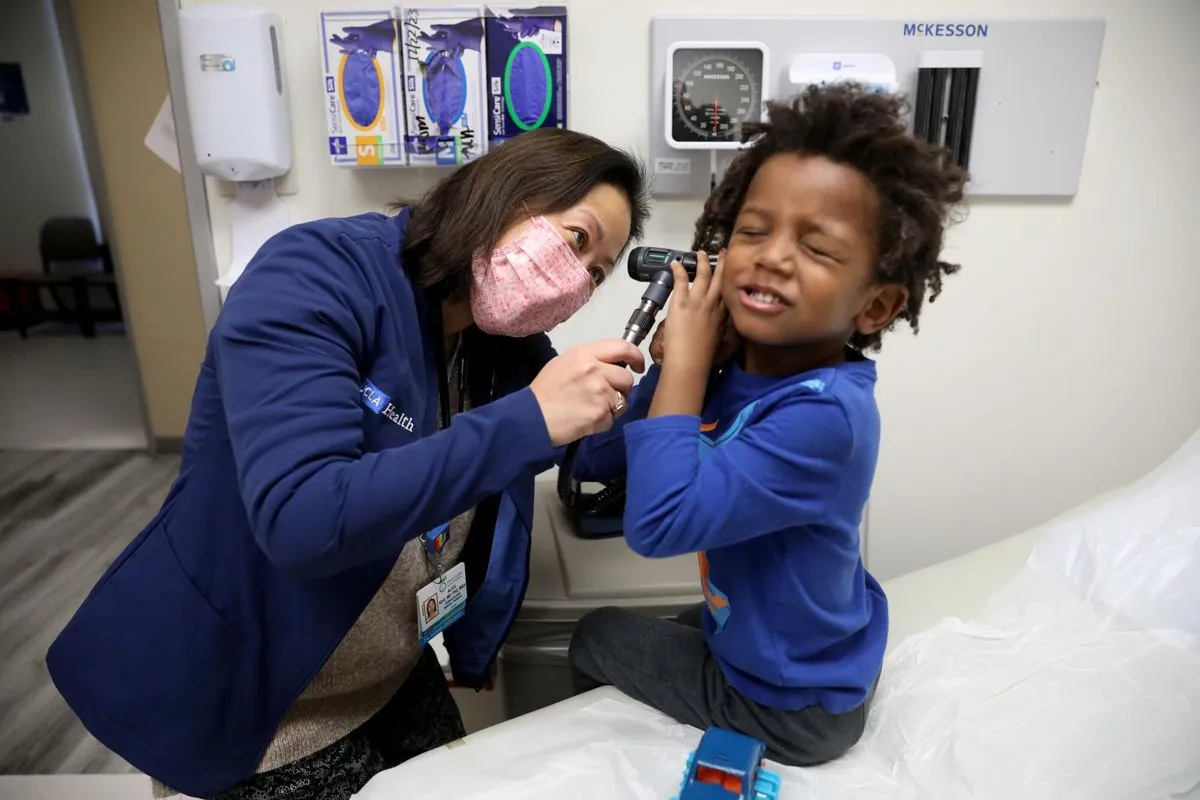Cities Tackle Racism as Public Health Crisis: Progress and Challenges
Over 200 US cities declared racism a public health crisis post-2020. Despite slow progress, experts view these declarations as crucial first steps towards addressing racial health disparities.

In the aftermath of George Floyd's tragic death in May 2020, over 200 cities and counties across the United States took a significant step by declaring racism a public health crisis. This move was seen as a breakthrough in addressing long-standing racial disparities in health outcomes.
The declarations were met with cautious optimism by racial justice advocates. Ryan McClinton, from Public Health Advocates in Sacramento County, California, noted that these statements signaled a potential shift in acknowledging long-ignored issues. Marsha Guthrie, senior director at the Government Alliance on Race and Equity, described 2020 as a "catalytic moment" for reimagining social consciousness.
However, the implementation of these declarations has faced challenges. In Milwaukee and Sacramento County, community organizers report limited tangible progress. Officials counter that addressing centuries of structural racism requires more than a few years of effort.
Milwaukee, one of the first cities to adopt such a declaration in 2019, has developed a community health improvement plan. The plan aims to address various issues, including:
- Increasing voter registration
- Improving infant mortality rates
- Addressing lead poisoning in older homes
Dr. Michael Totoraitis, Milwaukee's health department commissioner, highlighted the connection between environmental factors and health outcomes, particularly in communities of color.

Sacramento County, which passed its declaration in November 2020, received $7 million in federal funding to address racial disparities. The county has used these funds to develop an action plan and provide staff training on implicit bias and racial equity.
Dr. Olivia Kasirye, Sacramento County's public health officer, stated that the declaration gave the health department the "green light" to address equity at its root. Initiatives include creating a fellowship program for college students by 2029 to establish a pathway to employment in public health.
Despite these efforts, community organizers express frustration with the lack of visible progress. Public Health Advocates confronted the county board of supervisors over concerns about the focus on internal diversity, equity, and inclusion rather than broader racial justice issues.
"I think in many respects dealing with racism, addressing racism responsibly, is kind of like painting the Golden Gate Bridge, right? As soon as you think you're done, you're not. You have to go back and start painting again."
Experts agree that these declarations are an important first step towards creating a racially equitable society. Dara Mendez, an epidemiology professor at the University of Pittsburgh, emphasized the importance of naming racism to develop solutions.
Research has consistently shown the detrimental health impacts of racism on people of color, including:
- Chronic stress and anxiety
- Higher rates of heart disease and asthma
- Disparities in maternal and infant mortality rates
- Increased exposure to environmental pollutants
As cities and counties continue to grapple with implementing their declarations, the focus remains on translating intentions into actionable change. While progress may be slow, the ongoing efforts represent a significant shift in addressing the complex intersection of racism and public health.


































